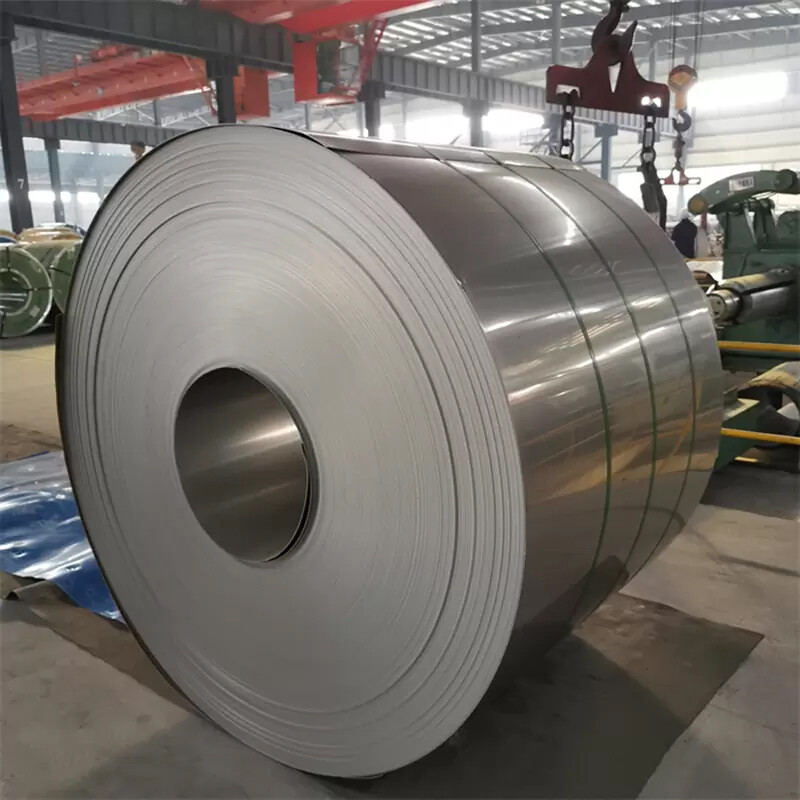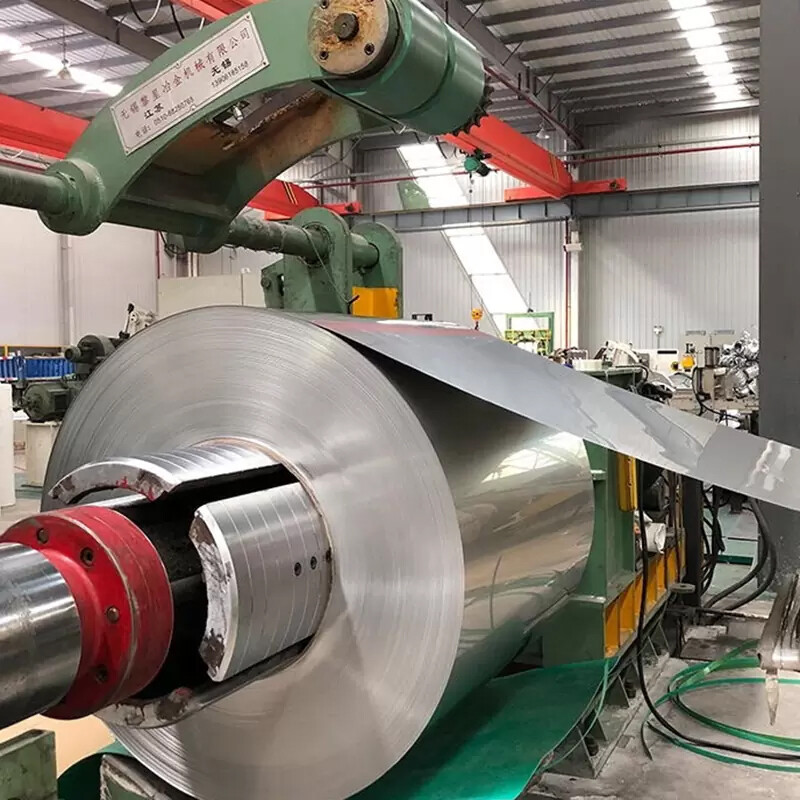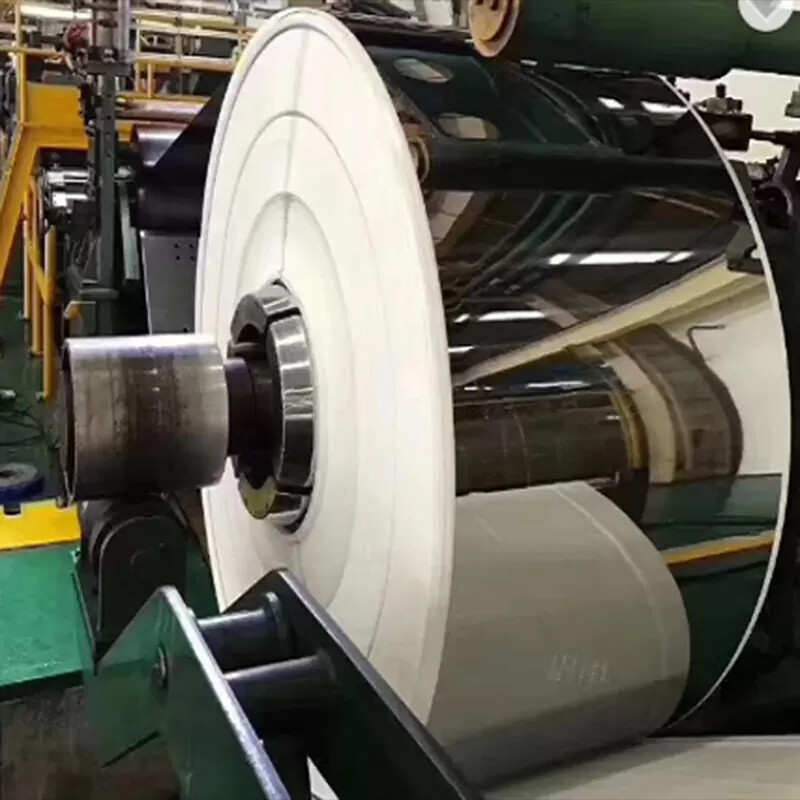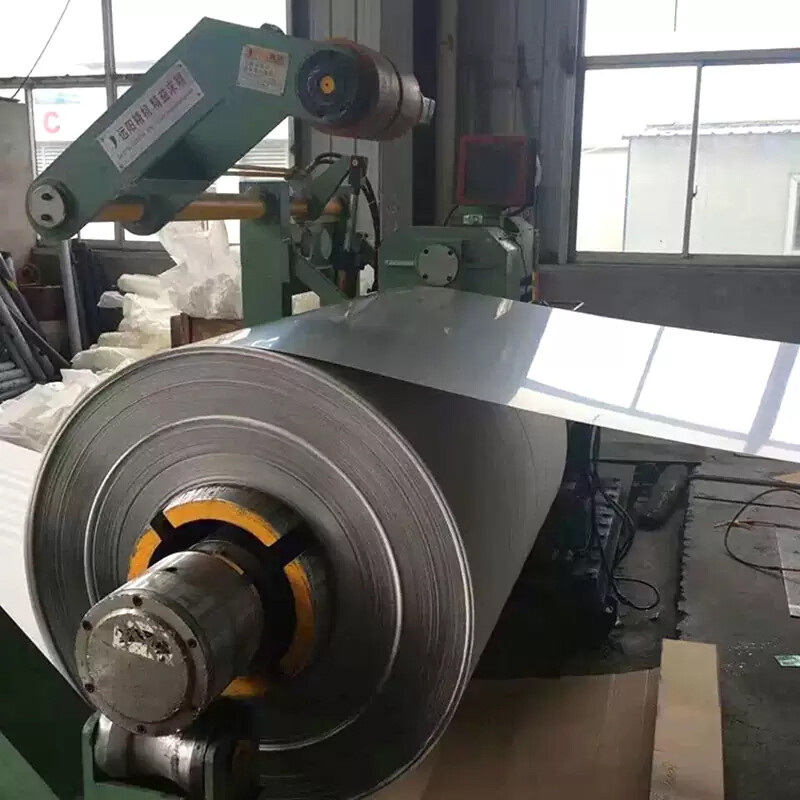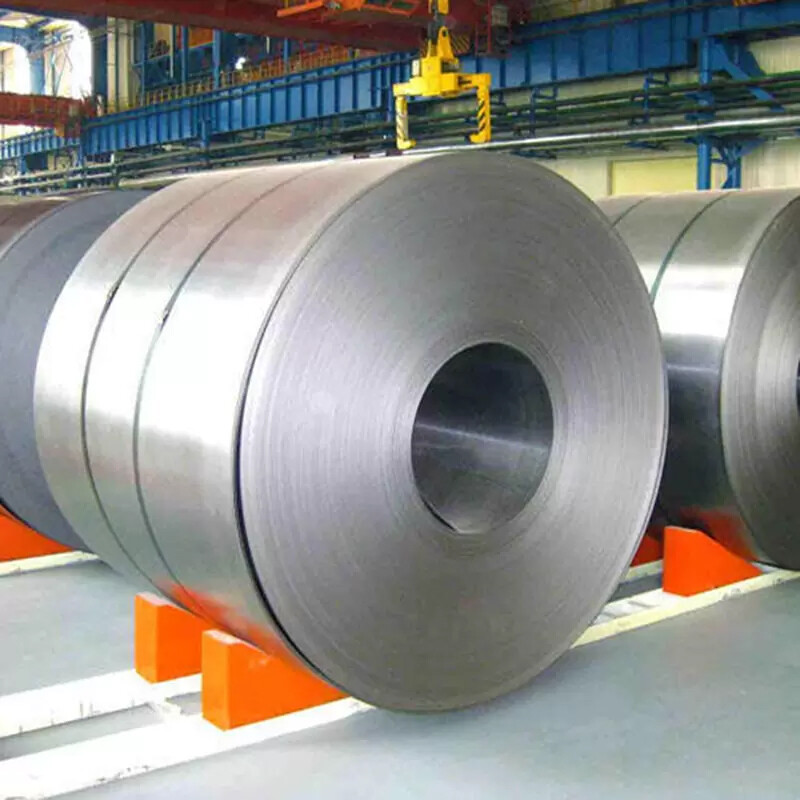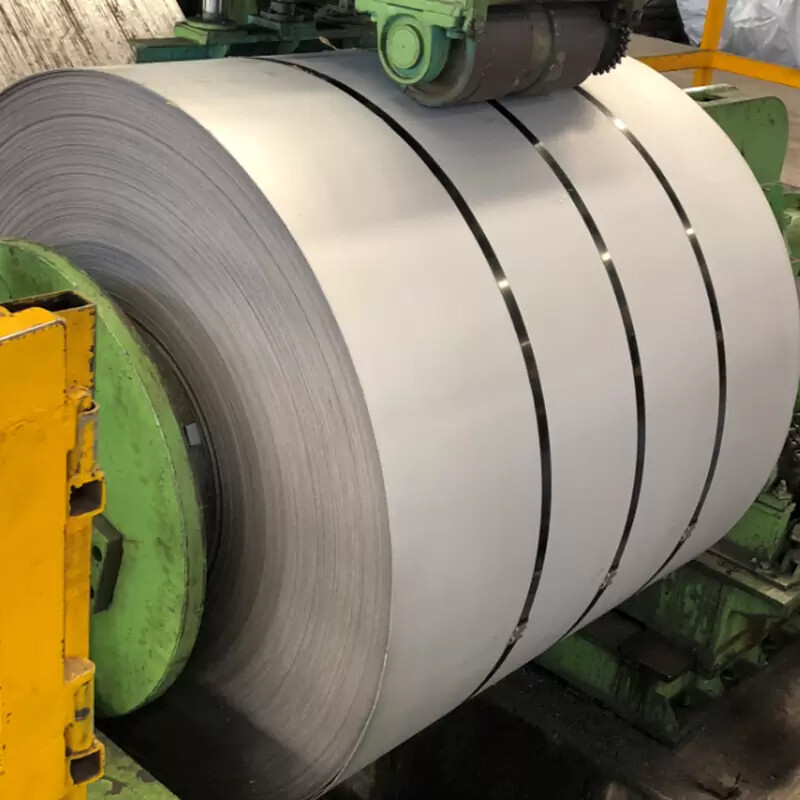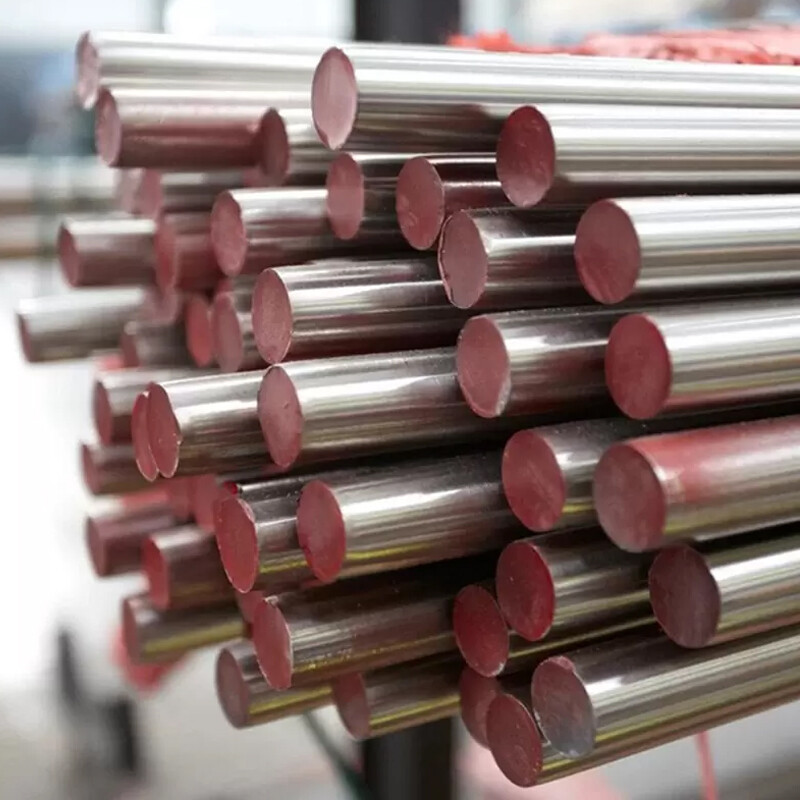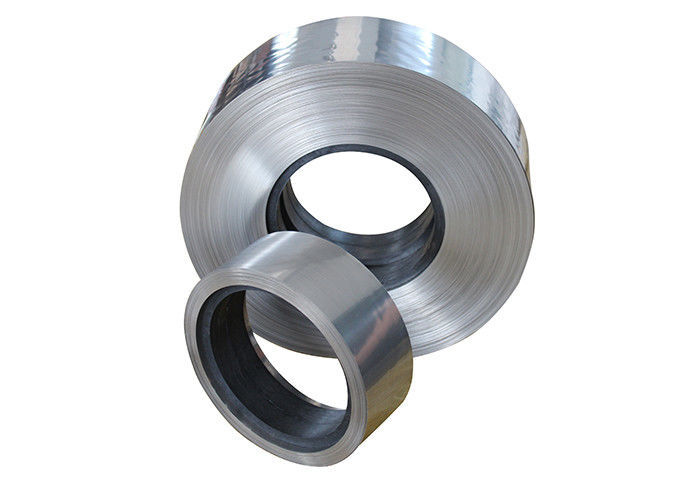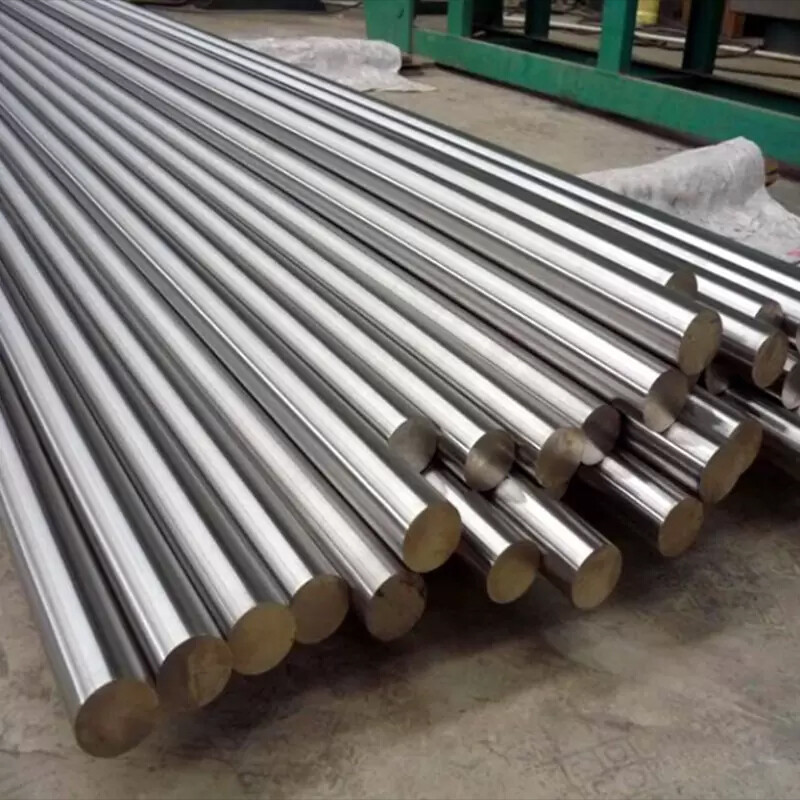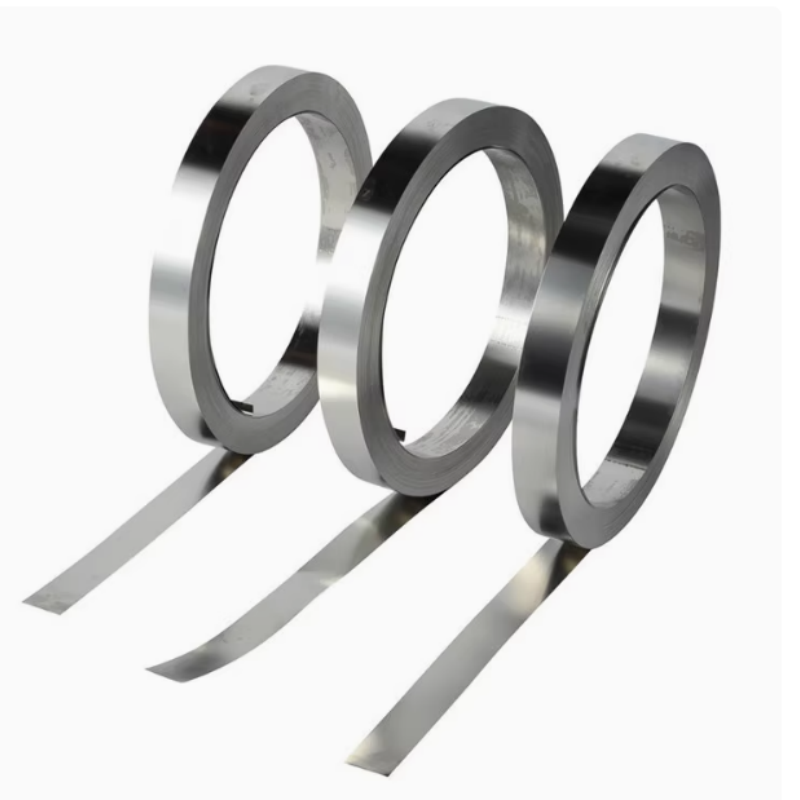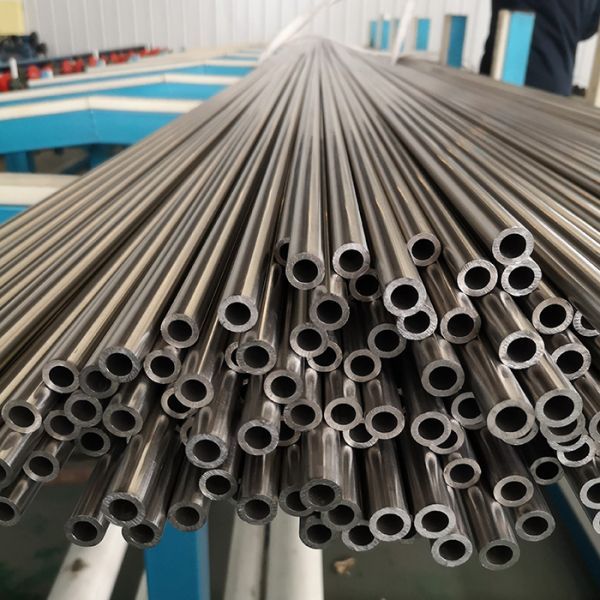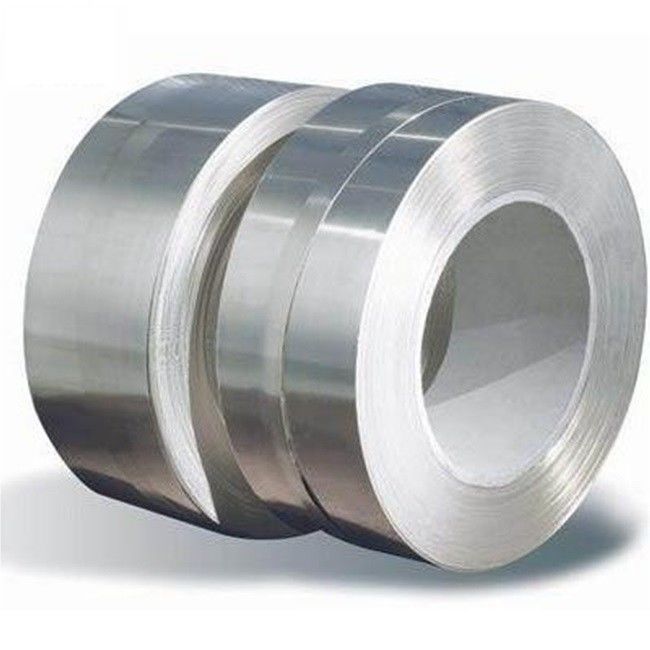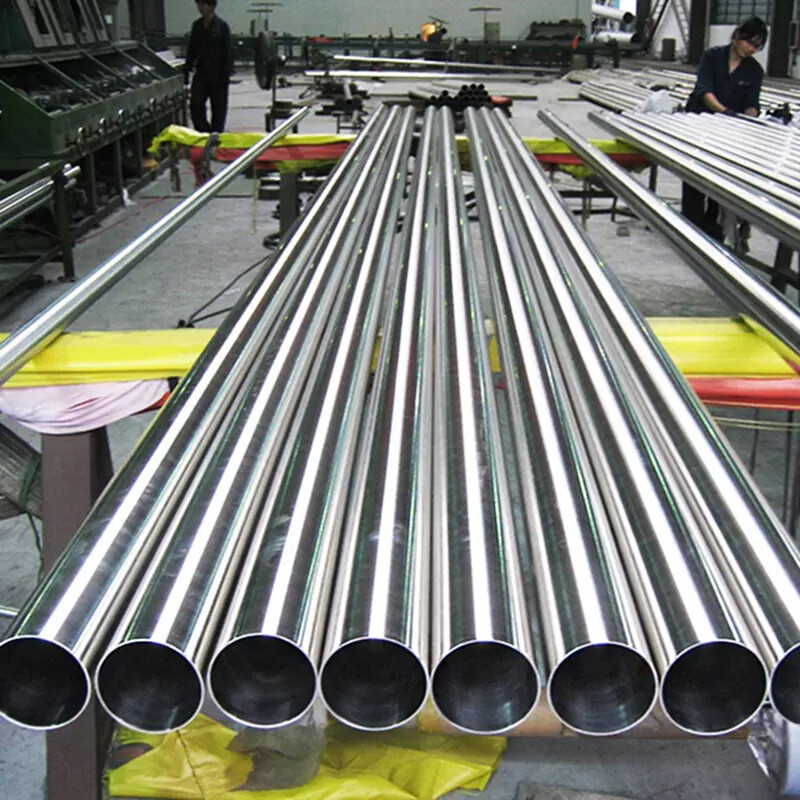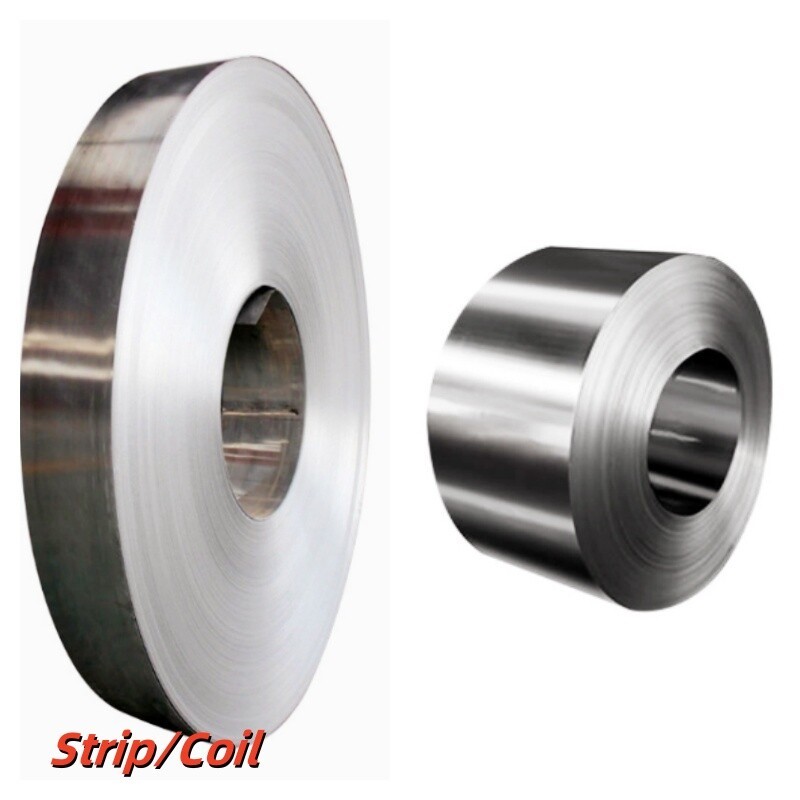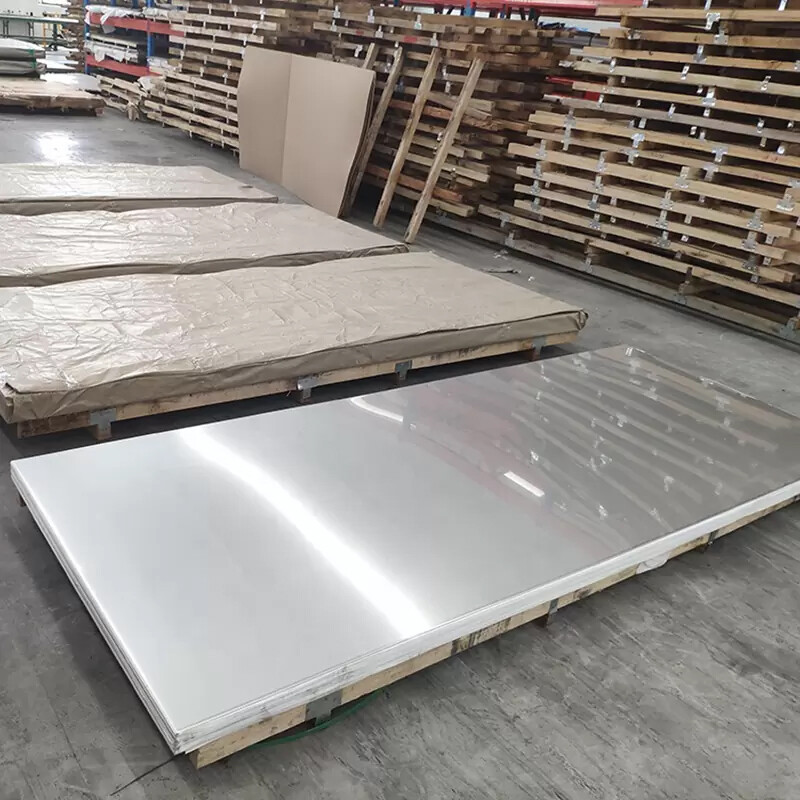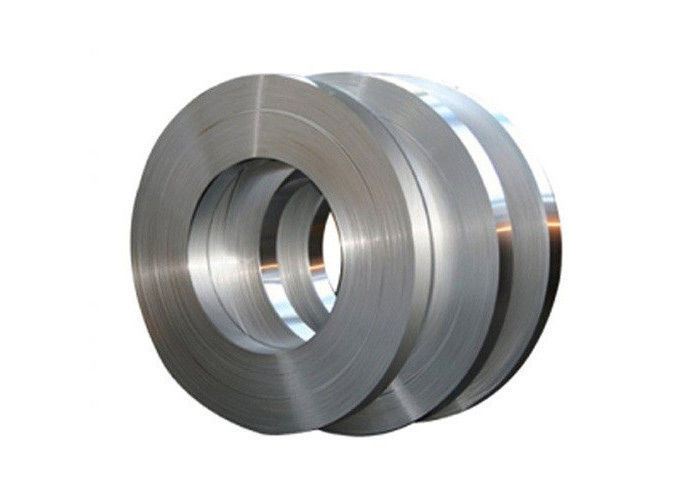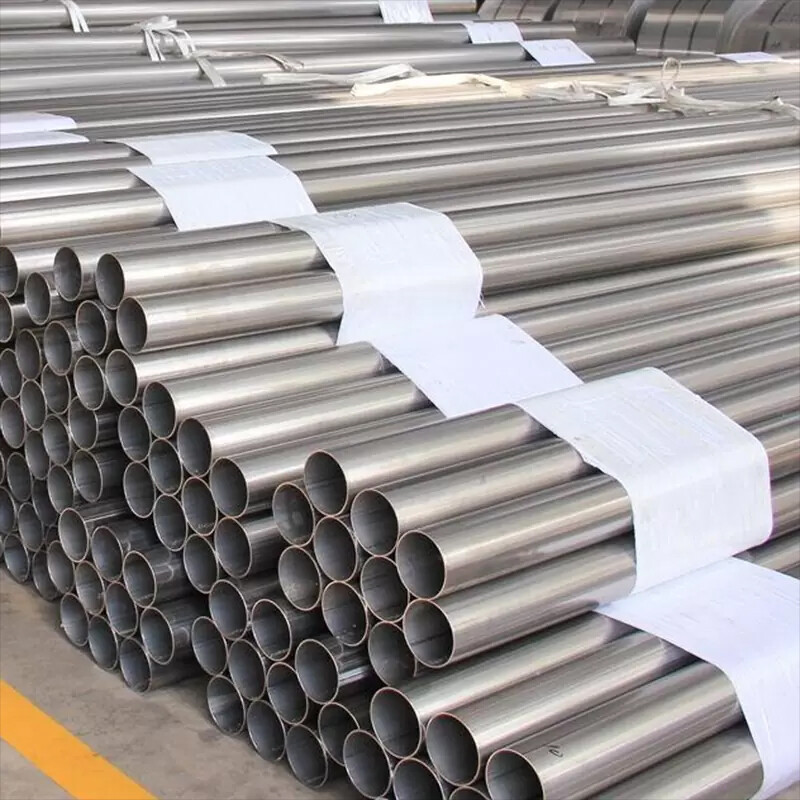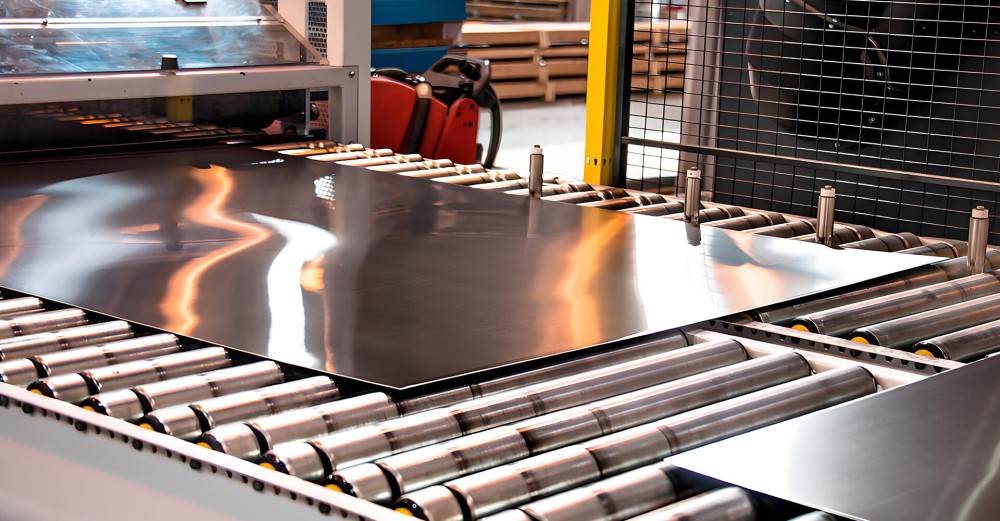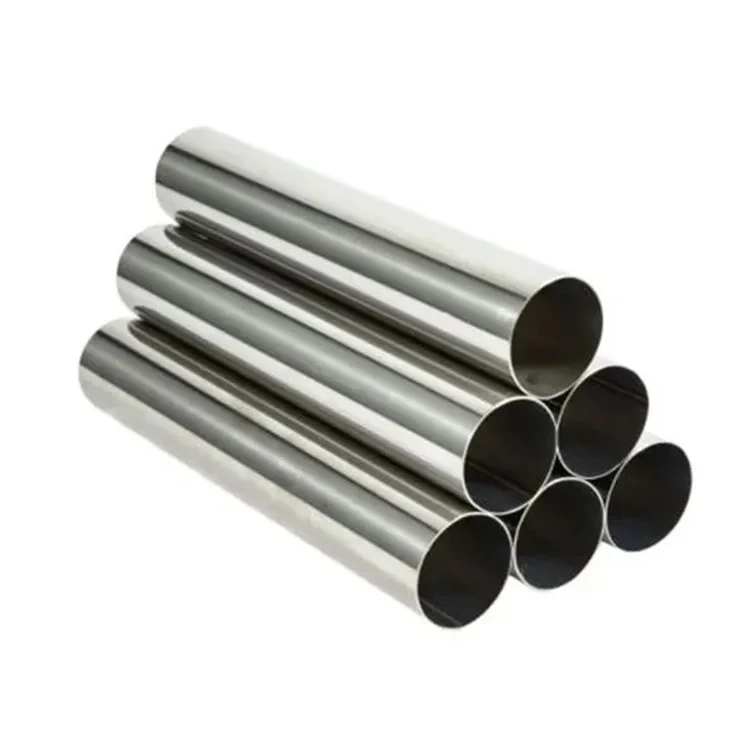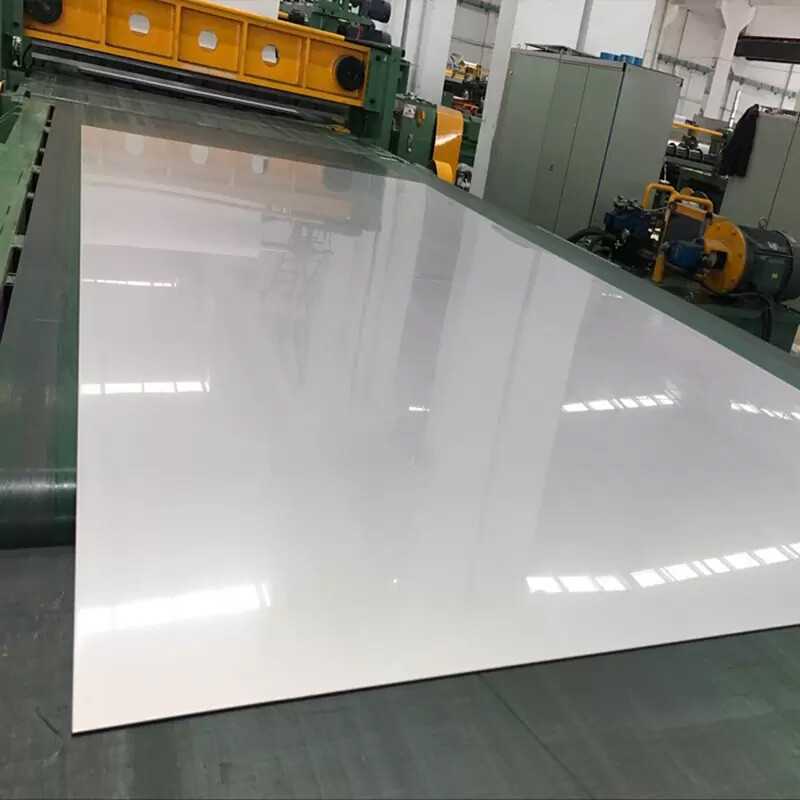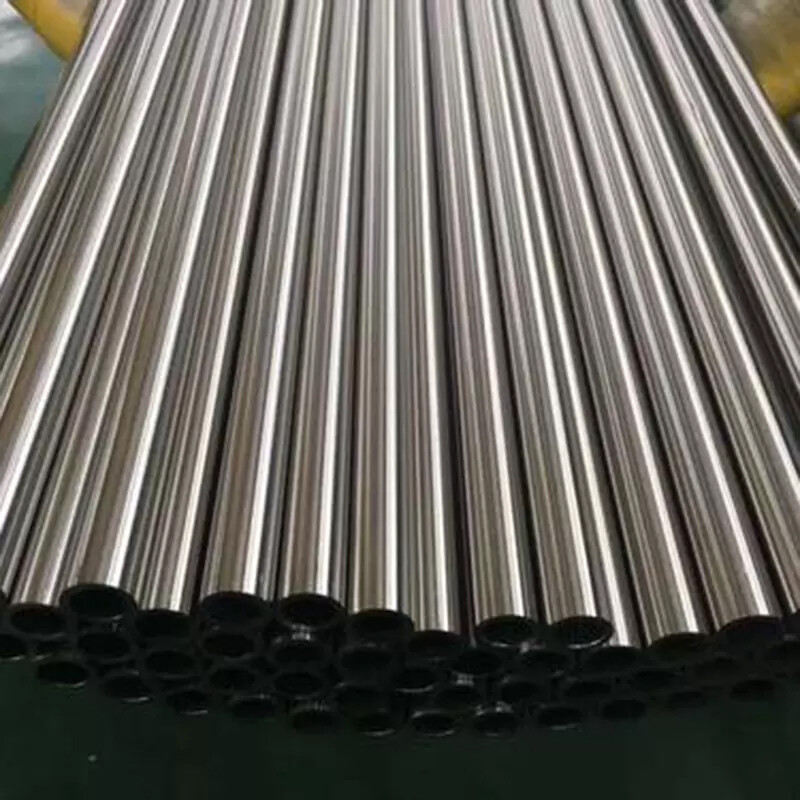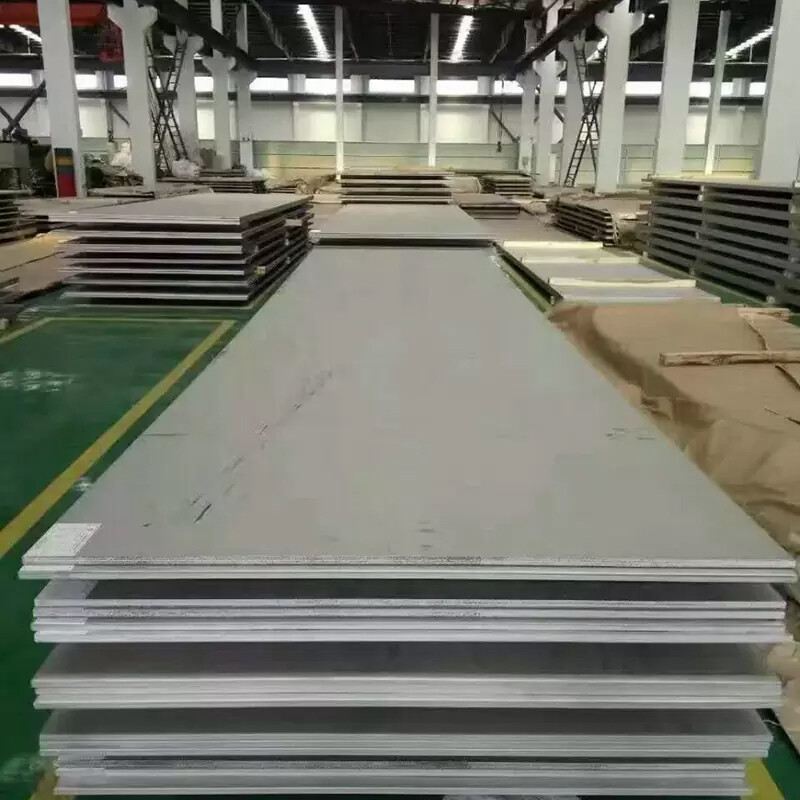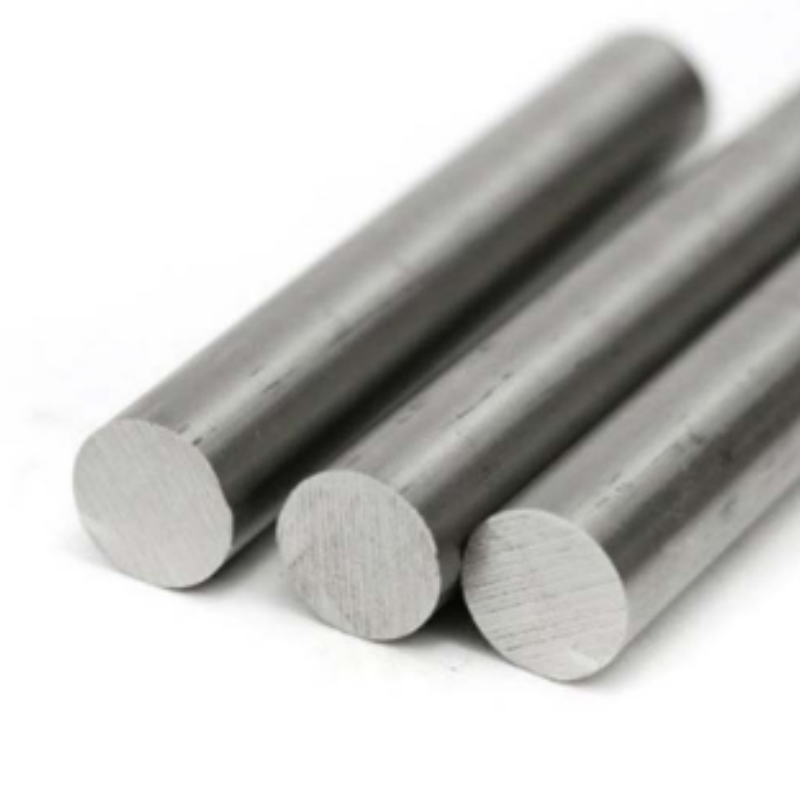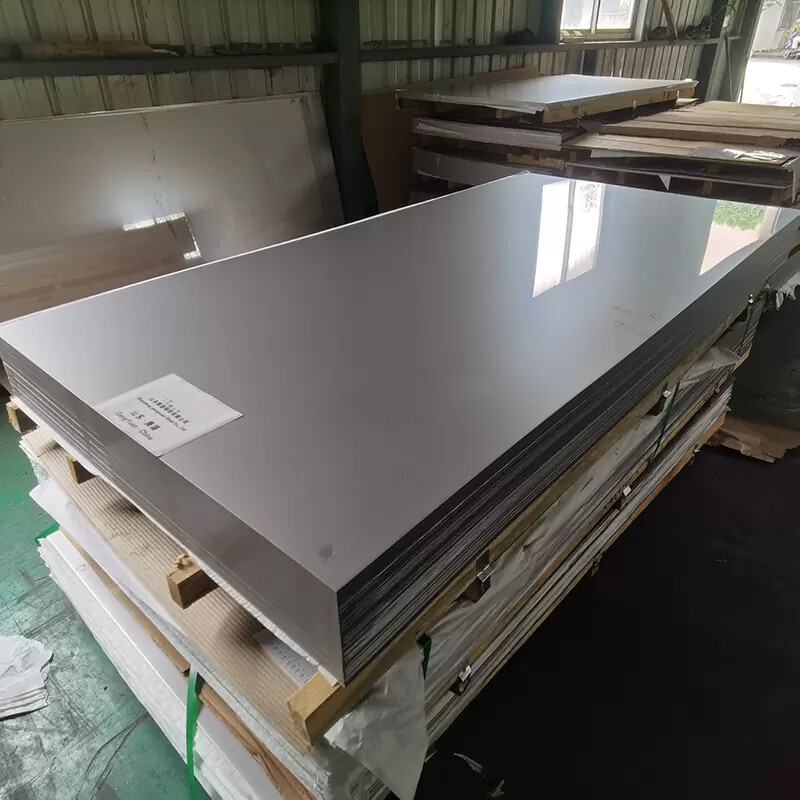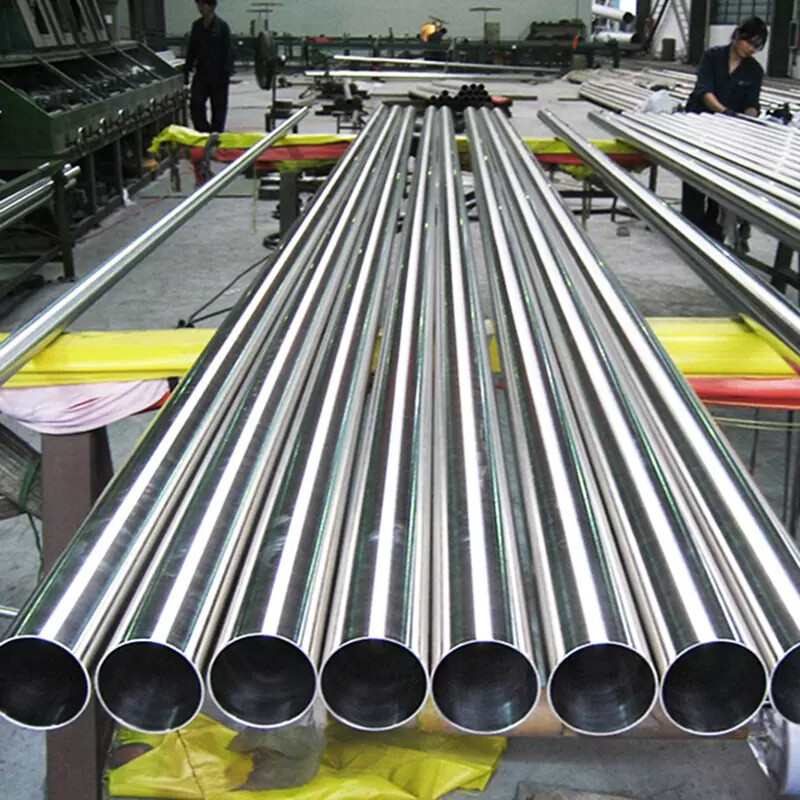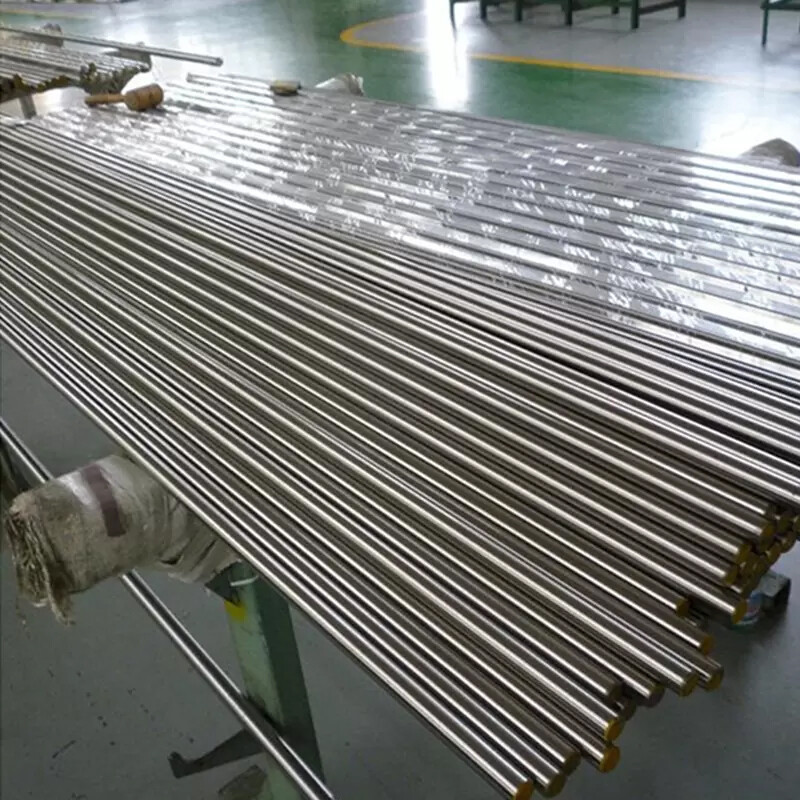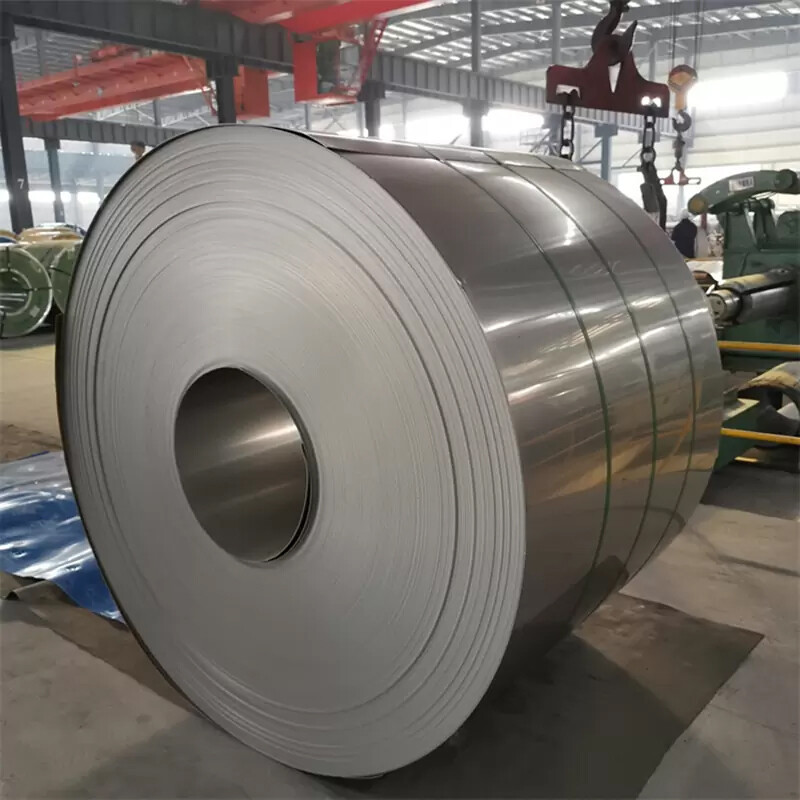Hastelloy Alloy Coil
1. Core characteristics
- Corrosion resistance barrier:
- Excellent performance in strong corrosive environments such as reducing acids (hydrochloric acid, sulfuric acid), oxidizing acids (nitric acid, mixed acid), chlorides, seawater, wet chlorine, sulfur-containing media (H₂S), especially resistant to corrosion in "oxidation-reduction mixed media" (such as hydrometallurgy, chemical reaction liquid);
- Inhibit pitting, crevice corrosion and stress corrosion cracking (SCC), and its corrosion resistance in chloride solutions far exceeds that of ordinary stainless steel (such as 316L).
- High temperature stability:
- Some grades (such as Hastelloy X) can resist oxidation at high temperatures of 1200℃, and most grades still maintain mechanical strength above 600℃, suitable for high temperature corrosion conditions (such as incinerators, flue gas treatment).
- Processing and forming advantages:
- The coil is made by hot rolling or cold rolling process, with a wide thickness range (0.005mm~4.0mm) and a width of up to 2000mm. It can meet complex forming requirements (such as heat exchanger fins and pressure vessel cladding) through secondary processing such as coiling and striping;
- Surface treatment includes pickling, passivation, polishing or wire drawing to ensure smoothness and corrosion resistance.
2. Alloy system and typical grades
According to the alloy element ratio and performance focus, it is mainly divided into the following series (typical grades and characteristics):
1. B series (nickel-molybdenum alloy): focus on reducing acid corrosion (such as hydrochloric acid)
- Hastelloy B-2 (UNS N10665): resistant to hydrochloric acid at any temperature and concentration, outstanding performance in reduced sulfuric acid and phosphoric acid, and often used in chemical reactor components.
- Hastelloy B-3 (UNS N10675): Optimizes thermal stability, has better resistance to intergranular corrosion and pitting than B-2, is suitable for high-temperature hydrochloric acid environment, and the coil can be produced by cold rolling process.
2. C series (nickel-chromium-molybdenum alloy): takes into account oxidation-reduction medium corrosion
- Hastelloy C-276 (UNS N10276): "All-round" alloy, resistant to wet chlorine, hypochlorite, chloride salt solution and mixed acid corrosion, the coil thickness is usually 0.5~4.0mm, widely used in chemical reactors and flue gas desulfurization systems.
- Hastelloy C-22 (UNS N06022): High chromium + molybdenum + tungsten ratio, stronger resistance to local corrosion (pitting, crevice corrosion), suitable for oxidizing media containing chloride ions (such as nitric acid + hydrochloric acid mixture), the coil surface needs to be pickled or polished.
- Hastelloy C-2000 (UNS N06200): Adding copper (Cu), the corrosion resistance in sulfuric acid and hydrofluoric acid is improved, and it has both oxidation-reduction environment adaptability. The coil can be used for plate heat exchangers.
3. G series (high chromium nickel-based alloy): Focus on phosphoric acid and oxidizing media
- Hastelloy G-30 (UNS N06030): The chromium content is up to 30%, and it has excellent corrosion resistance in wet phosphoric acid, nitric acid + hydrofluoric acid mixture. The coil thickness can be as thin as 0.005mm, which is used for precision chemical equipment.
4. X series (high temperature oxidation-resistant alloy)
- Hastelloy X (UNS N06002): Adding cobalt (Co) and tungsten (W), it is resistant to oxidation below 1200℃, and is resistant to neutral/reducing atmosphere. The coil can be used for high-temperature parts of aircraft engines and industrial furnace pipes.
5. Other special grades
- Hastelloy N (UNS N10003): specially designed for the nuclear industry, resistant to high temperature fluoride salt corrosion, coils are used for nuclear reactor cladding.
III. Manufacturing process and specifications
- Production process:
- Hot rolled coil: formed by hot rolling, with a wide thickness range (1.5mm~4.0mm), suitable for scenes with high strength requirements (such as pressure vessels);
- Cold rolled coil: further thinned by cold rolling process (0.005mm~3.0mm), with high surface finish, suitable for precision forming (such as bellows);
- Coil splitting and surface treatment: imported original coils can be split into customized sizes according to customer needs, and the surface is pickled, passivated or polished to ensure corrosion resistance and appearance quality.
- Specification range:
- Thickness: 0.005mm~4.0mm (G-30 coil can be as thin as 0.005mm, C-276 coil has a regular thickness of 0.5~4.0mm);
- Width: 650mm~2000mm, can be customized on demand;
- Length: supplied in rolls, can be customized.
IV. Implementation standards and quality control
- International standards:
- Plates/strips: ASTM B575, ASME SB575;
- Welded coils: ASTM B619/B626, ASME SB619/SB626;
- European standards: EN 2.4602 (C-22), EN 2.4819 (C-276), etc.
- Key points of testing:
- Chemical composition analysis (strictly control the content of impurities such as C, Si, S, etc.);
- Mechanical properties test (tensile strength, yield strength, elongation);
- Corrosion test (such as ASTM G28 intergranular corrosion test, G48 pitting test);
- Nondestructive testing (ultrasonic flaw detection UT, penetration testing PT).
V. Typical application scenarios
1. Chemical and petrochemical industry:
- Reactor lining, heat exchanger fins (C-276, C-22);
- Concentrated hydrochloric acid, sulfuric acid pipeline coating (B-3).
2. Oil and gas:
- Offshore platform seawater treatment equipment (C-2000);
- Sulfur-containing oil and gas pipeline lining (C-276).
3. Environmental protection and energy:
- Waste incinerator flue gas pipeline (X);
- Nuclear waste treatment equipment coating (C-2000, N).
4. Aerospace:
- High temperature parts of engine combustion chamber (X);
- Corrosion resistant layer of fuel pipeline (C-276).
5. High-end manufacturing:
- Precision parts of semiconductor equipment (C-22);
- Corrosion resistant components of hydrogen electrolyzer (C-276).
VI. Selection suggestions
- Reducing environment (hydrochloric acid, sulfuric acid): B series is preferred (B-3 is better than B-2);
- Oxidation-reduction mixed medium (mixed acid, wet chlorine gas): C series (C-276 is universal, C-22 is more resistant to local corrosion);
- High temperature oxidizing environment (flue gas, heat treatment furnace): X series;
- Phosphoric acid or strong oxidizing acid: G-30;
- Nuclear industry and fluoride medium: Hastelloy N.
According to the specific working conditions (temperature, medium composition, pressure), you can consult the material engineer to obtain a customized solution.

Leave A Message For Quotation
Professional Service
A company specializing in the production and sale of special steel, alloy steel, and other high-performance steels.
Quality Assurance
100% virgin material, strict quality control during production with 100% inspection and testing.
Good After-Sales Service
Our professional technical team is capable of efficiently assisting with technical questions related to product usage.
Customized Products
Offer customized steel product development services based on specific customer requirements.
Leave a message online
Need to know how much your cost?
Our products include corrosion-resistant alloys, high-temperature alloys, precision alloys, Hastelloy alloys, Monel alloys, INCONEL, INCOLOY, copper nickel alloys, titanium and titanium alloys, zirconium and zirconium alloys, nickel and nickel based alloys, nickel cobalt based heat-resistant alloys, hafnium alloys, and more than 60 other alloy materials.
Send Message
Don’t hesitate to write to us and ask for any help at any time for your convenience.

